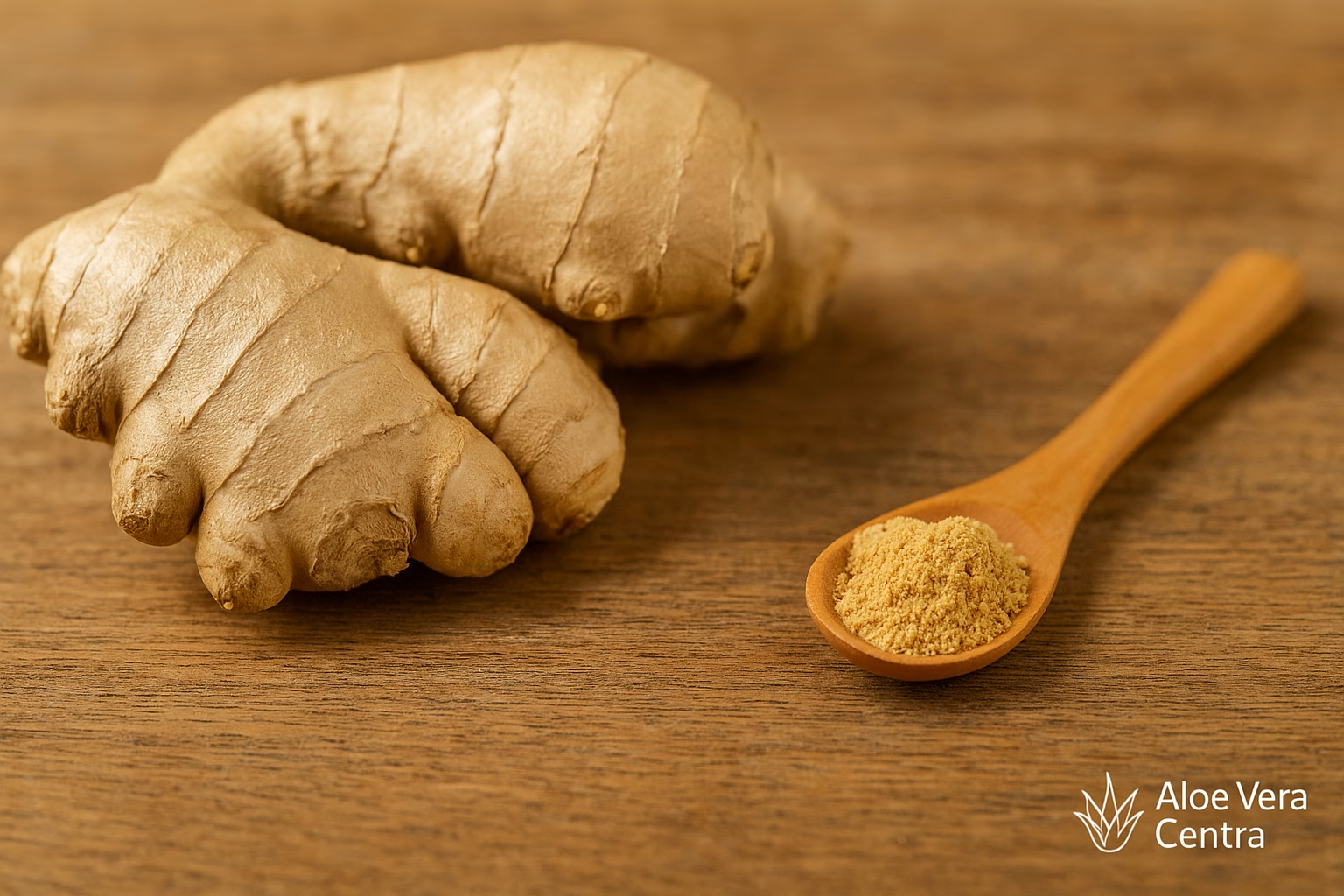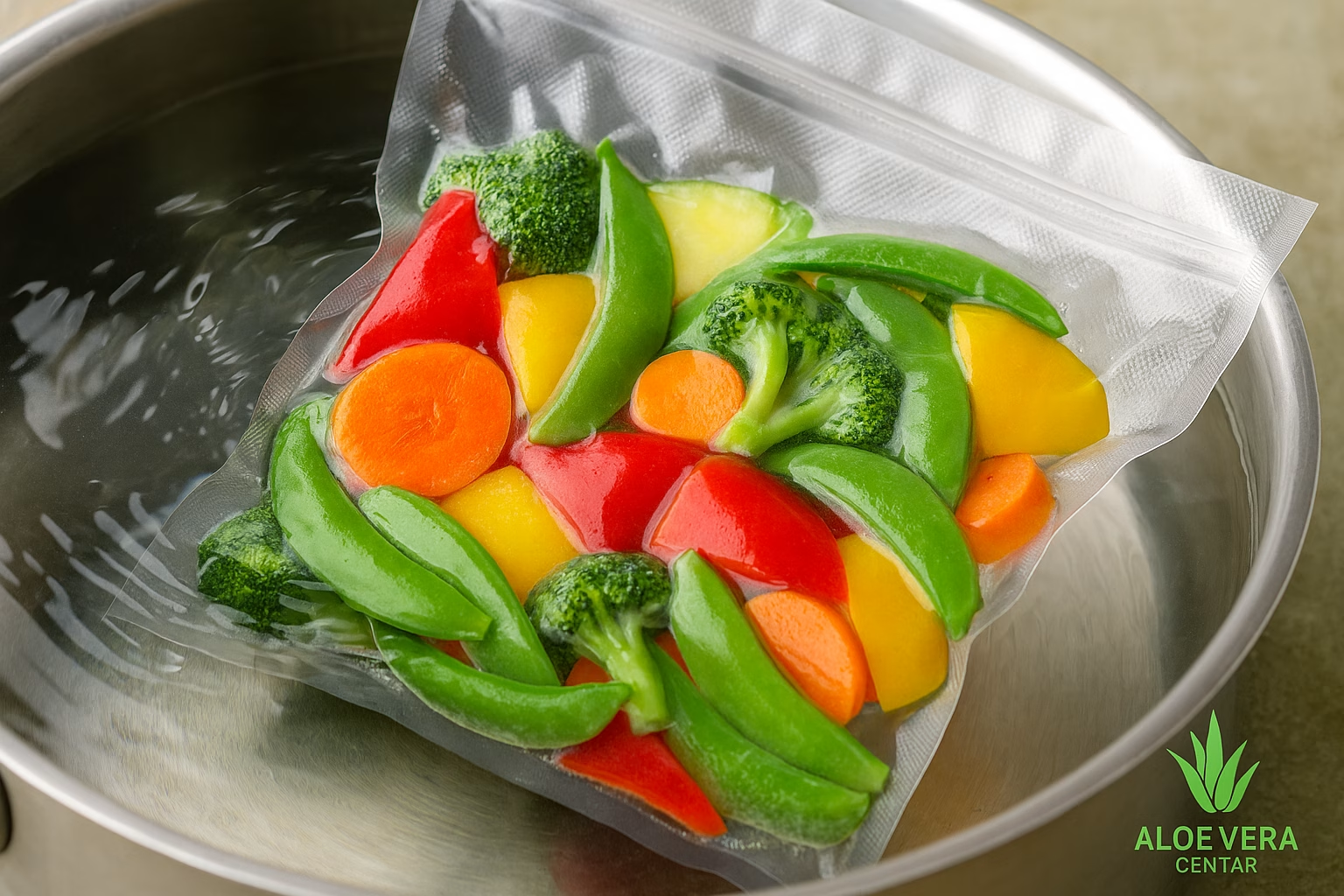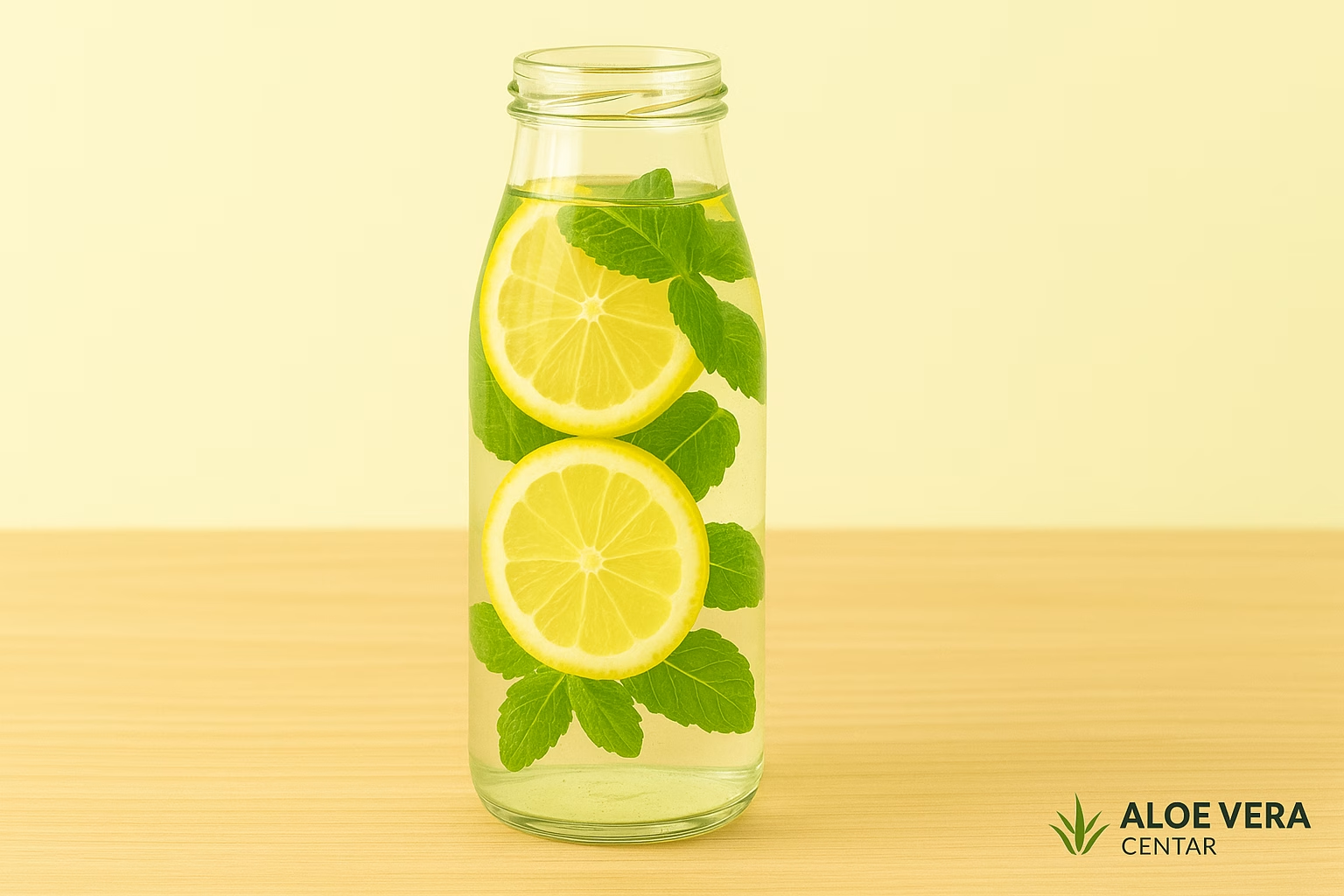
Intermittent fasting: how the 16/8 diet helps and practical tips for beginners
Intermittent fasting: Benefits of the 16/8 diet and tips for beginners
Intermittent fasting has emerged as one of the most popular strategies for weight management, improving health, and boosting energy levels in recent years. You may have heard of the 16/8 protocol, which refers to an 8-hour eating window followed by 16 hours of “fasting.” But that’s not all… People who have tried this approach often report improved appetite control, increased dietary discipline, and potential metabolic benefits. Read on to find out exactly what the 16/8 diet is, why intermittent fasting has become so popular, and how to effectively prepare for this change. We’ll also cover tips for combining intermittent fasting with supplements and natural products that can further support your body along the way.
What is intermittent fasting and how does it work?
Intermittent fasting involves cycling between periods of restricted food intake and periods of normal eating. With the 16/8 method, you have an 8-hour “window” during one day when you eat your meals, while the remaining 16 hours are free of calories (except for water, unsweetened tea, or plain coffee). For example, you might choose to eat between 12:00 and 20:00, and then “fast” from 20:00 in the evening until 12:00 the next day.
Why 16/8? It’s an ideal balance because most people can fit it into their schedule relatively easily – they skip breakfast or move their first meal to a later time, and they avoid late-night snacks because they “close” their window at 8 p.m. This approach can contribute to a calorie deficit (a fundamental requirement for losing weight) because, in a shorter period of time, we tend to consume fewer calories than if we ate spread out throughout the day. An additional theory is that longer periods without food help the body burn fat more efficiently.
Metabolic benefits of intermittent fasting
One of the main benefits of intermittent fasting is related to the stabilization of insulin and blood sugar levels. During prolonged periods of fasting, the body uses glycogen reserves more intensively, and by switching to fat reserves, it acts as a support for weight loss. Some sources also point out that intermittent fasting can improve cellular “cleansing” (autophagy) and positively affect inflammatory processes, although further research is needed to make specific claims.
However, as with any regimen, it’s important to understand how this approach works for you and your lifestyle. For example, if you work night shifts or are particularly active in the morning, the 16/8 plan may need to be adjusted. At the same time, people with a history of eating disorders or certain medical conditions should consult a doctor first.
How to get started with the 16/8 diet and intermittent fasting?
Although intermittent fasting seems simple enough (“start eating later, stop eating earlier”), the reality is that there can be challenges. Here are a few steps to help you get started:
- Choose your meal times: Common time windows are 12 to 8 p.m. or 10 a.m. to 6 p.m. Think about when you have the most appetite and how that fits into your schedule.
- Start gradually: If you currently eat everything from early morning to late evening, the radical change of introducing a 16-hour fast can be challenging. For example, you can start by “moving” breakfast an hour or two later and gradually build up to the desired 16 hours of non-eating.
- Plan your meals in advance: When your eating window is short, it’s important to spread out your nutrients well. Include vegetables, fruits, whole grains, protein from a variety of sources, and healthy fats (avocado, olive oil, seeds). It’s a good idea to get inspired by the recipes in the Healthy Dinner article if you’re lacking ideas for balanced meals.
- Monitor your fluid intake: Water, herbal teas, or black coffee (without sugar or milk) during your fast will not break the “fasting” phase and can help you get through the hours without food. Hydration prevents headaches and weakness.
- Follow your body’s signals: Pay attention to how you feel. If you are often tired, dizzy, or extremely hungry, consider a shorter fast (e.g. 10/14) until you adjust. Seek the advice of a nutritionist if necessary.
Dietary supplements and intermittent fasting
For those who need additional support in the adaptation phase or wish to speed up the results a little, certain supplements can be useful. For example, products for appetite control or better digestion. If you are interested in more about a wider range of natural products that support a healthy lifestyle, it is recommended to read Forever Living Products Products , where you can find detailed information about various supplements. But keep in mind that such products are only a “tool” and not a substitute for a balanced meal.
Benefits of the 16/8 diet: why do so many people love it?
We can safely say that the 16/8 diet is one of the most practical versions of intermittent fasting, and here’s why:
- Simplicity and flexibility: Unlike restrictive diets where you constantly count calories, this is about narrowing down your time frame. You can choose when to “open” and “close” your eating window, depending on your schedule.
- Less snacking : If you tend to constantly consume sweets or unhealthy snacks in the evening, 16/8 “forces” you to close that eating window earlier, which can lead to less intake of unnecessary calories.
- Metabolic Adjustment: When the body enters a fasting phase, it switches to other energy sources and can burn fat more intensively. In addition, regular “mini-fasts” can stabilize hunger and satiety hormones.
- Convenience for busy people: Many people skip breakfast or eat minimally, then consume most of their calories later in the day. 16/8 can be a way to “fix” this habit and avoid snacking all day long.
Of course, the success of this model will also depend on what you eat in your 8-hour window. If you overeat or mostly consume nutrient-poor foods, the effect will be significantly less (or none at all). Ideally, you should continue to follow the principles of a whole food diet, as the Protein Supplements topic advises, and accept intermittent fasting as a structure that keeps you from unnecessary extra calories.
Integration of other products or support programs
Those looking to further boost their weight loss process or improve their mood during the adjustment phase sometimes turn to special programs or targeted nutritional supplements. For example, Forever Living’s Clean9 provides a framework for detoxification, while Forever Lean and Garcinia Cambogia can support appetite control and fat absorption. Protein shakes, such as Forever Lite Ultra Vanilla or Forever Lite Ultra Chocolate , can also serve as a healthy snack or breakfast replacement within an 8-hour window, especially if you’re looking to increase your protein intake.
These products don’t “break” your intermittent fasting – you can always schedule them within your allowed eating window. For example, if you “open” your window at 11 a.m., you can have a protein shake for breakfast or lunch, and then enjoy a normal meal later. This approach can make your regimen more flexible while also preventing you from reaching for quick, unhealthy solutions.
Common challenges in intermittent fasting and how to solve them
Although the 16/8 diet sounds simple, there are challenges:
- Morning hunger: If you’re used to a big breakfast, skipping your first meal can be difficult. Try to acclimate your body by gradually moving your breakfast, or experiment with black coffee or green tea (without sweeteners). Lemon water can also freshen your mouth and reduce false hunger.
- Evening snacking: Many people enjoy “late-night” snacks. If you “closed” the window at 8 p.m. and like to eat at 10 p.m., plan your last meal to be high-quality and filling (protein and healthy fats), and spend the rest of the evening with herbal tea or water.
- Low energy or mood: You may feel tired at first. Your body is adjusting to the new schedule. If fatigue lasts longer or is very intense, try a shorter fast (10/14) or add balanced snacks. Also consider boosting your immunity and energy with products like Forever B12 Plus .
- Social situations: Sometimes it’s hard to say no when it’s a social evening, birthday party, or business dinner. You can “move” your window if you know you have an important social event, or simply make a huge adjustment to your plan for the day, but be careful not to do it too often or you’ll lose continuity.
Intermittent fasting and mental health
People often overlook the importance of the psychological aspect of any dietary change. When it comes to intermittent fasting, there are specific challenges involved – especially if you’re someone who struggles with snacking, emotional eating, or morning slumps. The good news is that some studies have also documented positive mood changes in people who have successfully adapted to fasting, and that “mental boost” comes in part from the fact that you feel more focused and have better control over your appetite.
However, intermittent fasting can also trigger old patterns of unhealthy meal control in people with eating disorders. It’s important to be well-informed, listen to your body, and – if necessary – talk to a professional. When your motivation wanes, you can turn to inspiring articles like How to Stay Motivated , where you’ll find tips for maintaining consistency.
FAQ – Frequently asked questions about intermittent fasting (16/8)
1. Can I drink water or coffee during fasting?
Yes, water, unsweetened teas and black coffee (without milk, sugar or sweeteners) are generally allowed during the fasting phase. They do not break the fast because they do not contain significant calories, and they help suppress appetite and maintain hydration.
2. Is intermittent fasting good for everyone?
Although 16/8 is a relatively mild form of restriction, it is not suitable for everyone. People with diabetes, pregnant women, nursing mothers, the elderly, or those with a history of eating disorders should first seek the advice of a doctor or nutritionist. Intermittent fasting is not a miracle cure; if it causes you stress or makes you feel unwell, it may not be the best option for you.
3. Will fasting affect my sports performance?
You may initially feel weaker or “out of fuel” during your morning workouts, especially if you are used to eating before your workout. However, many athletes successfully adapt and report sustained or even increased endurance. It is important to test different training schedules (before or after your first meal) and to make sure you are getting enough protein within your eating window.
4. How to ensure sufficient micronutrients in a short window?
The choice of quality foods and meal planning are key. Include vegetables, fruits, proteins and healthy fats. In addition, you can use multivitamin supplements if you suspect that you are not getting all the vitamins and minerals. An example is the supplements described in Forever Living Products Product Prices , where you can get information about various options according to your budget.
Conclusion
Intermittent fasting, such as the 16/8 diet, is a simple, flexible, and effective approach for many who are struggling with weight gain or want to improve their health. However, it’s important to remember that success is not just about when you eat, but also what you eat within the “open window.” Nutrient-rich meals, adequate fluid intake, quality sleep, and regular exercise are still the pillars of a healthy lifestyle. If you want an even deeper “kickstart,” you might consider integrating a program like C9 Forever Detox or products like Forever Lean for appetite control or Garcinia Cambogia for regulating sugar cravings. Protein shakes—like those in vanilla or chocolate flavors—can also fit nicely into the short-term diet window.
To get personalized advice or to further explore which combination of products and programs you can fit into your schedule, feel free to use our AI advisor . If you’re ready to order your supplements and try a new approach to weight loss, don’t forget to get 15% off selected products. Just be careful not to set yourself too high expectations overnight: step by step, intermittent fasting can become your new way of eating – practical, sustainable and adapted to real life circumstances.
Disclaimer: This article is not a substitute for professional medical advice. If you have any medical conditions, especially diabetes or eating disorders, please consult your doctor before implementing intermittent fasting or making any dietary changes.








